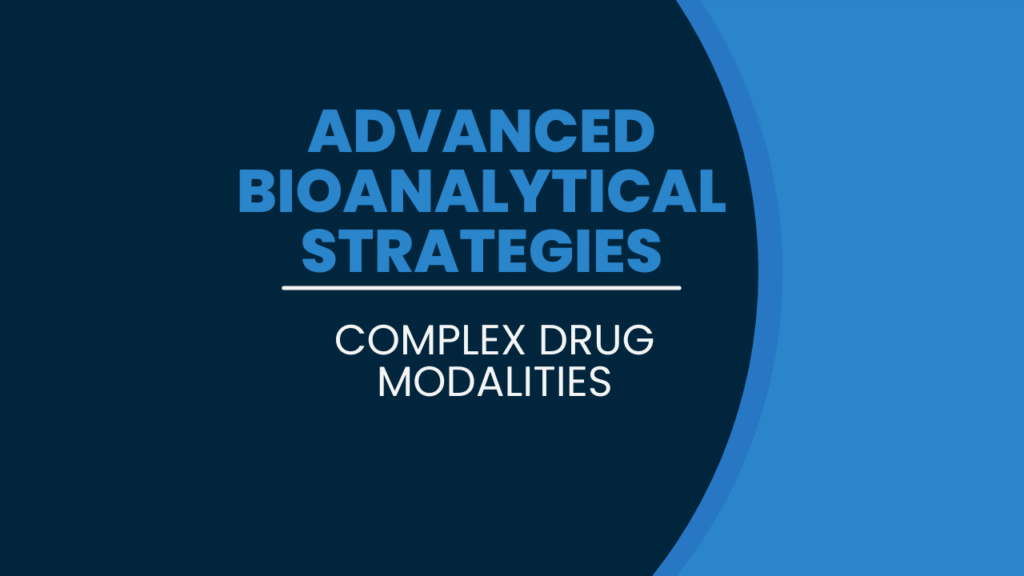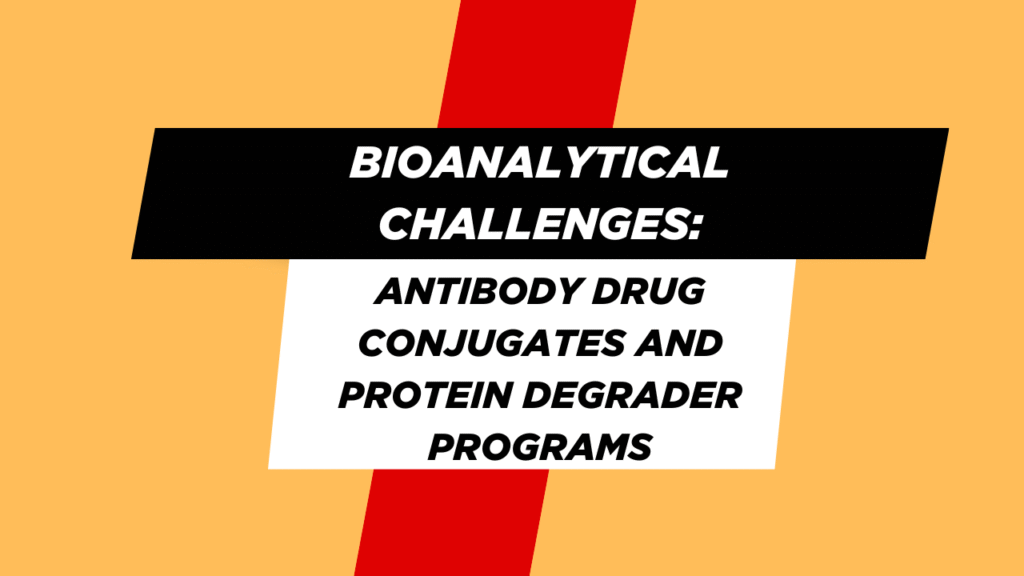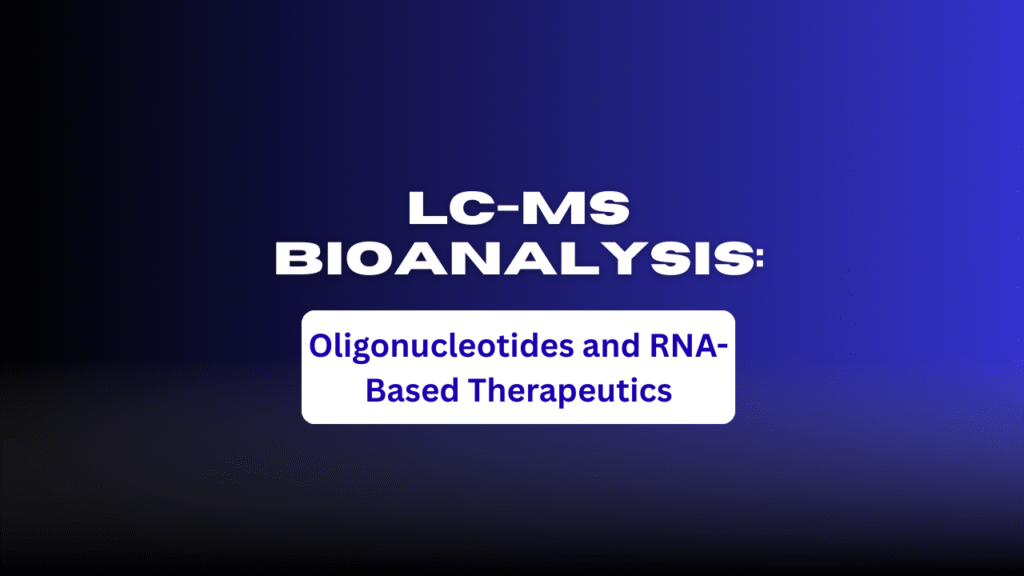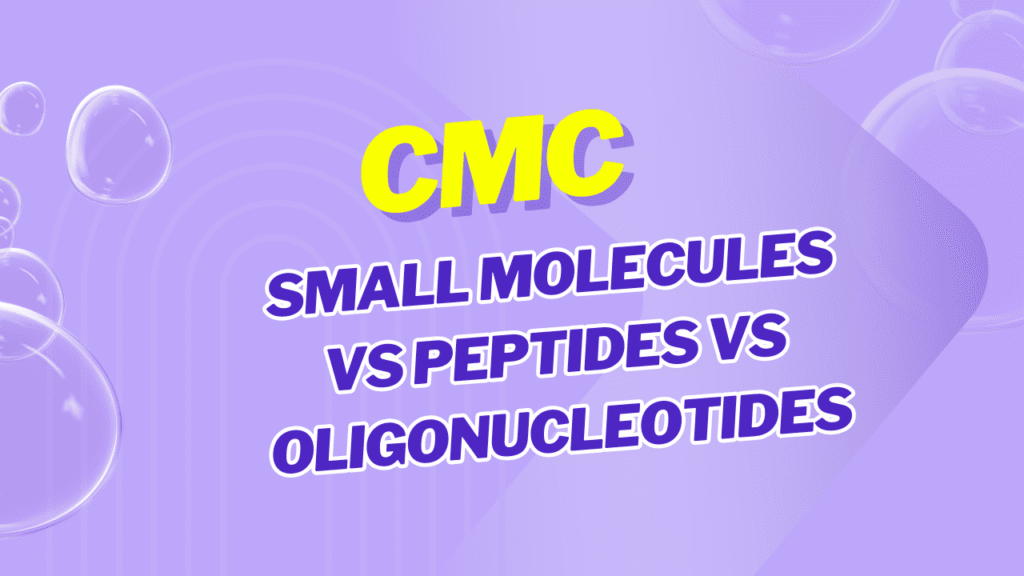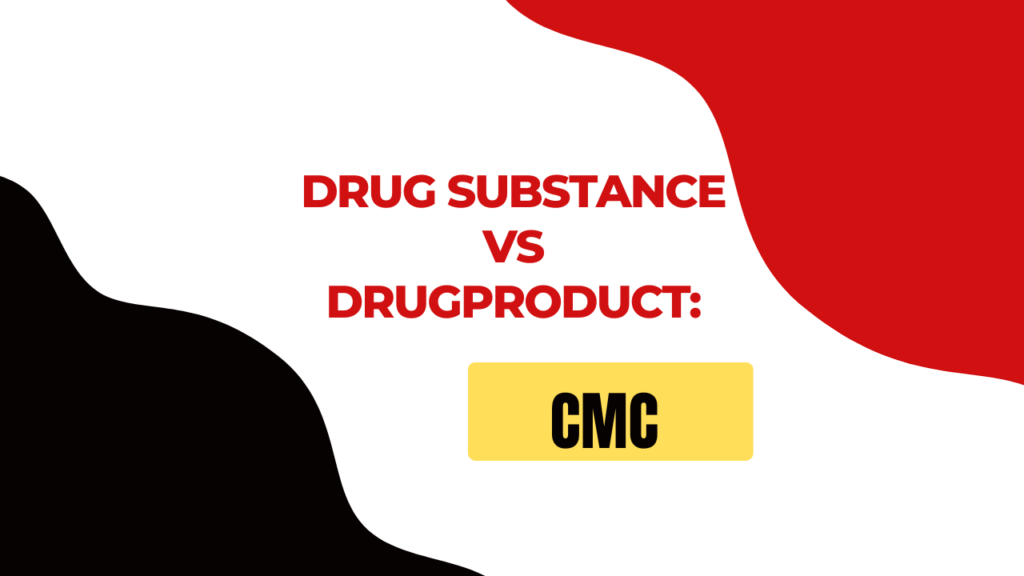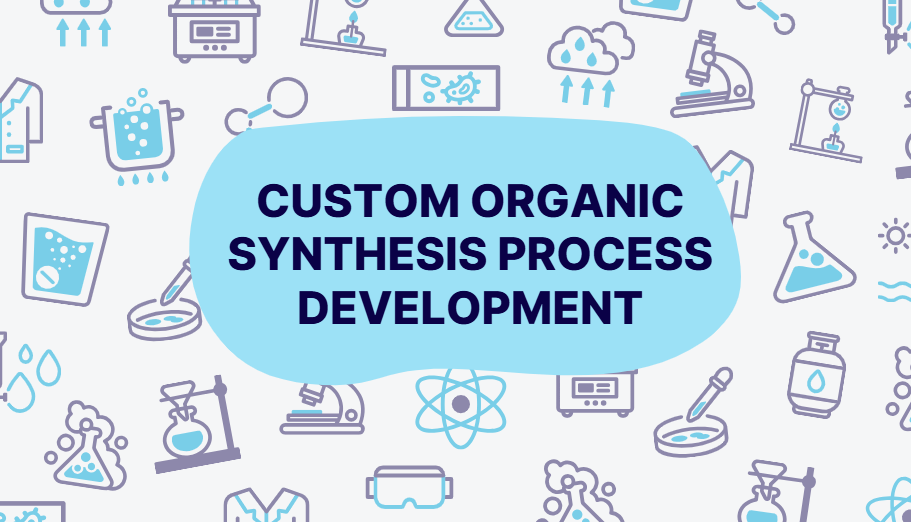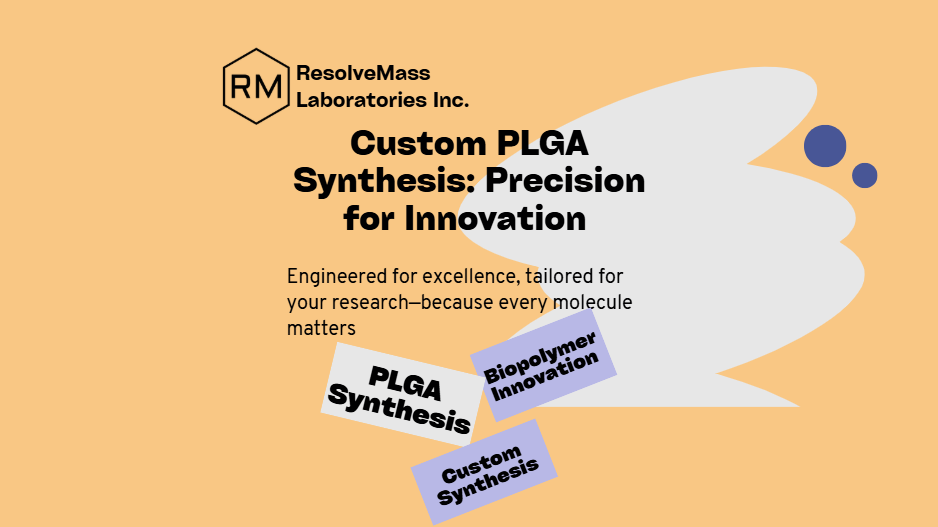
Poly(D,L-lactide-co-glycolide) (PLGA) is a biodegradable and biocompatible polymer widely used in pharmaceutical and biomedical applications. Custom PLGA synthesis has gained significant attention due to its tailored properties for drug delivery, tissue engineering, and medical device applications. However, sourcing high-quality PLGA requires expertise and precision, making it essential to partner with a specialized supplier.
This article explores the importance of custom PLGA synthesis, the factors that determine its quality, and how to choose the best custom PLGA synthesis supplier for your needs.
Understanding PLGA and Its Importance in Medical Applications
PLGA is a copolymer of lactic acid (LA) and glycolic acid (GA), with properties that can be tailored by varying the LA:GA ratio. It is FDA-approved for various medical applications due to its biocompatibility and controlled degradation properties. Some key applications of PLGA include:
- Drug Delivery Systems: PLGA nanoparticles and microparticles are used for controlled and sustained drug release (DOI:10.1016/j.addr.2020.01.008).
- Tissue Engineering: PLGA scaffolds support cell growth and tissue regeneration.
- Medical Implants: Biodegradable sutures, orthopedic screws, and stents are made using PLGA.
What is Custom PLGA Synthesis?
Custom PLGA synthesis involves tailoring the polymer’s molecular weight, composition, end-group functionalization, and degradation rate to meet specific application requirements. This level of customization is critical for ensuring the efficacy and safety of PLGA-based products.
Key Parameters in Custom PLGA Synthesis
- LA:GA Ratio – Determines the degradation rate and mechanical properties.
- Molecular Weight (MW) – Affects viscosity, processing, and drug encapsulation.
- End-Group Modification – Alters surface chemistry for specific interactions.
- Particle Size and Morphology – Impacts drug loading and release kinetics.
- Purity and Biocompatibility – Ensures safety and regulatory compliance.
Why Do You Need a Specialized Supplier for Custom PLGA Synthesis?
A specialized PLGA synthesis supplier ensures consistency, regulatory compliance, and high-quality production. Some critical factors that make an expert supplier indispensable include:
1. Regulatory Compliance and Certification
Pharmaceutical and biomedical applications of PLGA require stringent regulatory compliance. A specialized supplier should adhere to GMP (Good Manufacturing Practice) standards and possess certifications such as ISO 13485 for medical devices (DOI:10.1016/j.ijpharm.2019.118701).
2. Custom Formulation Capabilities
A reliable supplier must have expertise in:
- Adjusting LA:GA ratios for specific degradation profiles.
- Modifying end groups to enhance drug-polymer interactions.
- Producing varied molecular weight PLGA for diverse applications.
3. Advanced Analytical Testing
High-quality analytical characterization is essential to ensure consistency and purity in PLGA synthesis. Reputable suppliers offer:
- NMR (Nuclear Magnetic Resonance) Spectroscopy
- GPC (Gel Permeation Chromatography) for Molecular Weight Analysis
- DSC (Differential Scanning Calorimetry) for Thermal Properties
4. Batch-to-Batch Consistency
Reproducibility is crucial in biomedical applications. A specialized supplier guarantees batch-to-batch consistency, ensuring uniform polymer characteristics in every order.
5. Custom Particle Engineering
For drug delivery applications, suppliers should offer custom PLGA microparticles, nanoparticles, and hydrogels, optimizing drug loading efficiency and release kinetics.
6. Scalability and Production Capacity
Whether for research-scale synthesis or commercial production, a specialized supplier must provide scalable manufacturing solutions without compromising quality.
How to Choose the Best Custom PLGA Synthesis Supplier
When selecting a PLGA synthesis supplier, consider the following criteria:
1. Experience and Reputation
- Look for a company with a strong track record in custom PLGA synthesis.
- Read customer reviews and industry case studies.
2. Regulatory Compliance
- Ensure the supplier adheres to cGMP, ISO 13485, and FDA guidelines.
- Ask for Certificates of Analysis (COA) and Material Safety Data Sheets (MSDS).
3. Customization Capabilities
- Confirm their ability to tailor molecular weight, end groups, and degradation properties.
- Assess their expertise in functionalized PLGA for drug conjugation.
4. Quality Control and Analytical Support
- Check if they offer advanced characterization techniques like HPLC, FTIR, and Mass Spectrometry.
- Ensure they provide batch consistency reports.
5. Technical Support and Consultation
- Choose a supplier that offers technical guidance and consultation.
- Ensure they have an experienced R&D team for custom formulation assistance.
6. Scalability and Cost-Effectiveness
- Evaluate their production capacity for small to large-scale synthesis.
- Compare pricing, but prioritize quality over cost.
The Future of Custom PLGA Synthesis
With growing demand for biodegradable polymers in drug delivery and tissue engineering, advancements in custom PLGA synthesis are emerging. Some key trends include:
- Smart PLGA Polymers: Functionalized PLGA with stimuli-responsive properties.
- Nanotechnology Integration: PLGA nanoparticles for targeted therapy.
- 3D Printing Applications: PLGA-based bioinks for regenerative medicine.
Conclusion
Selecting a custom PLGA synthesis supplier is crucial for ensuring quality, compliance, and efficiency in biomedical applications. By partnering with an experienced and reputable supplier, you can achieve optimal polymer formulations for drug delivery, implants, and tissue engineering.
REFERENCES
- Costello MA, Liu J, Kuehster L, Wang Y, Qin B, Xu X, Li Q, Smith WC, Lynd NA, Zhang F. Role of PLGA Variability in Controlled Drug Release from Dexamethasone Intravitreal Implants. Molecular Pharmaceutics. 2023 Nov 13;20(12):6330-44.
- Chia HN, Wu BM. High-resolution direct 3D printed PLGA scaffolds: print and shrink. Biofabrication. 2014 Dec 17;7(1):015002.
- Srinivas M, Tel J, Schreibelt G, Bonetto F, Cruz LJ, Amiri H, Heerschap A, Figdor CG, De Vries IJ. PLGA-encapsulated perfluorocarbon nanoparticles for simultaneous visualization of distinct cell populations by 19F MRI. Nanomedicine. 2015 Aug 1;10(15):2339-48.
LET’S CONNECT
ResolveMass Laboratories Inc. is a trusted leader in custom PLGA synthesis, offering high-quality, regulatory-compliant solutions for pharmaceutical and biomedical industries. For inquiries about our custom PLGA formulations and synthesis services
Advanced Bioanalytical Strategies for Complex Drug Modalities
Introduction Advanced Bioanalytical Strategies have become a critical enabler in modern drug development as pharmaceutical…
Bioanalytical Challenges in Antibody Drug Conjugates and Protein Degrader Programs
Introduction The biopharmaceutical landscape has witnessed remarkable innovation, with Antibody Drug Conjugate bioanalytical services becoming…
LC-MS Bioanalysis for Oligonucleotides and RNA-Based Therapeutics
Introduction LC-MS bioanalysis for oligonucleotides has emerged as the cornerstone analytical technique supporting the rapid…
Chemistry, Manufacturing, and Controls (CMC) Services for Small Molecules vs Peptides vs Oligonucleotides
Summary: Key Takeaways at a Glance CMC Services for Peptides require specialized analytical, manufacturing, and…
Drug Substance vs Drug Product Chemistry, Manufacturing, and Controls (CMC) : IND and NDA Perspectives
✅ Summary: Drug Substance vs Drug Product CMC – IND and NDA Perspectives CMC for…
Scaling Bioanalytical Support Without Capital Investment in LC-MS Labs
Introduction Scaling bioanalytical capabilities has traditionally meant heavy capital investment in LC-MS labs, specialized personnel,…
